About This Episode
How did movies change the Cold War? Neil deGrasse Tyson and Chuck Nice learn about how apocalyptic films influenced us and began the first cybersecurity measures with Future of Life Award recipients and filmmakers Lawrence Lasker, Walter Parkes, and Nicholas Meyer.
How did a movie about a high school kid accidentally hacking into NORAD start government talks about cyber security? Learn about how the 1983 movie, WarGames, impacted Ronald Reagan’s approach to the Cold War. Find out about the Future of Life Award and how it works to recognize people and projects that served a pivotal role in protecting humanity in the past.
We discuss examples of when pop culture has affected policy and the origins of cybersecurity. We talk about nuclear weapons, researching for a screenplay, and whether AI should have the final say when it comes to weapons of mass destruction. Is there a movie that should be made today that has to be made?
Next, we talk with director Nicholas Meyer about his TV movie The Day After, which illustrated to the 100 million Americans who tuned in what the day after a nuclear strike would look like in America. How did Nicholas reject traditional filmmaking in order to bring the film’s lesson home? Learn about how Reagan’s approach to the Cold War as winnable changed and the public reception of this television event. How did a project like this even get a primetime slot on network TV? We explore the genre of apocalyptic films and the important lessons we can learn from them.
Thanks to our Patrons Kaleda Davis, Saúl Franco, Jake Egli, Josh Rolstad, Roxanne Landin, jamie brutnell, and Bailey Manasco for supporting us this week.
NOTE: StarTalk+ Patrons can listen to this entire episode commercial-free.


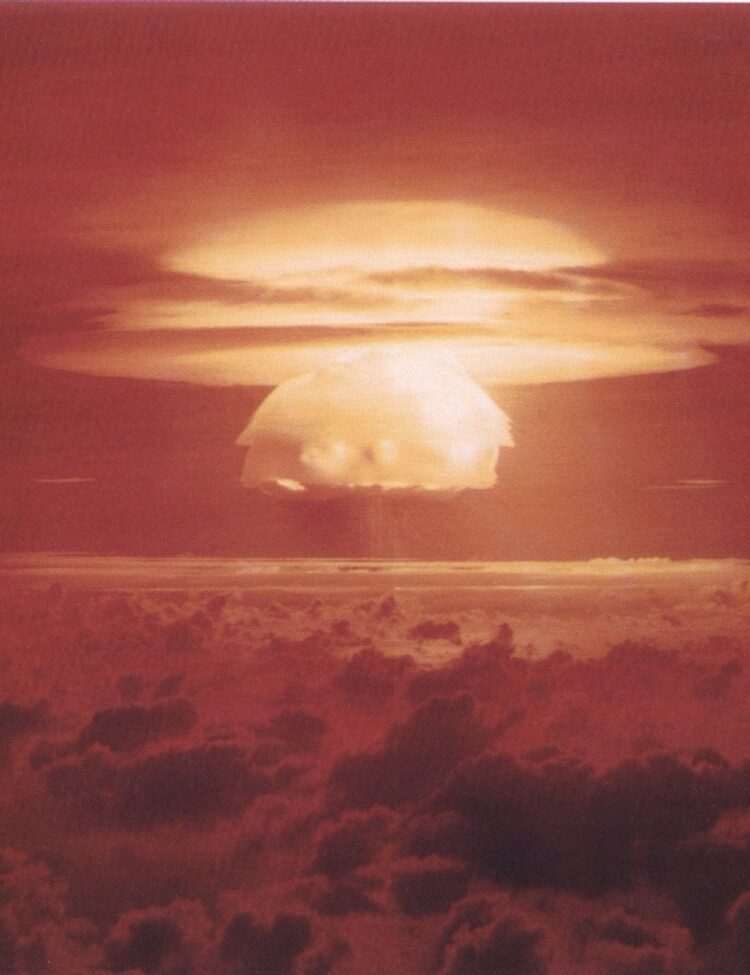
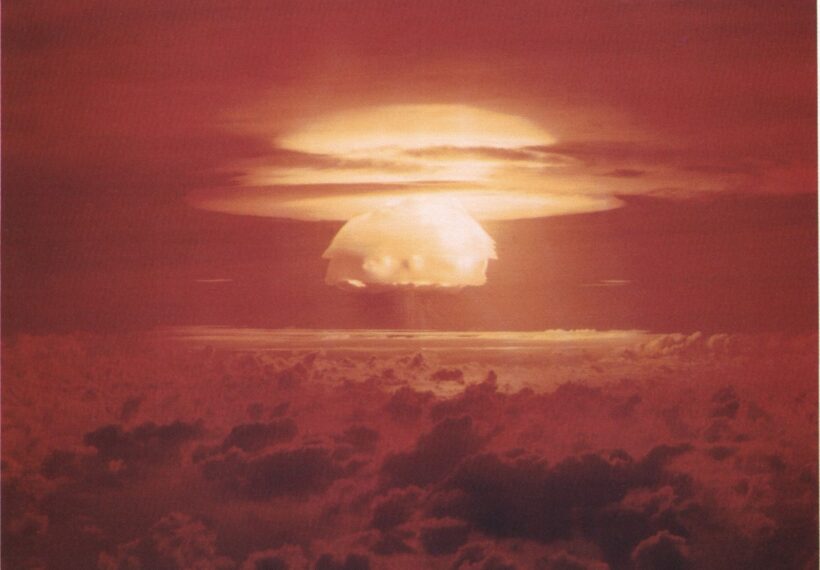
 Unlock with Patreon
Unlock with Patreon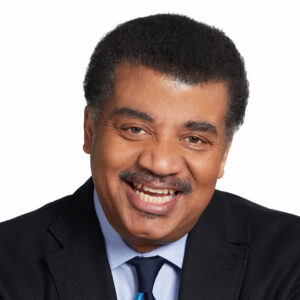
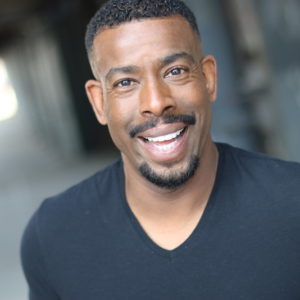

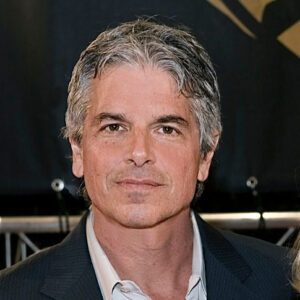

 Become a Patron
Become a Patron